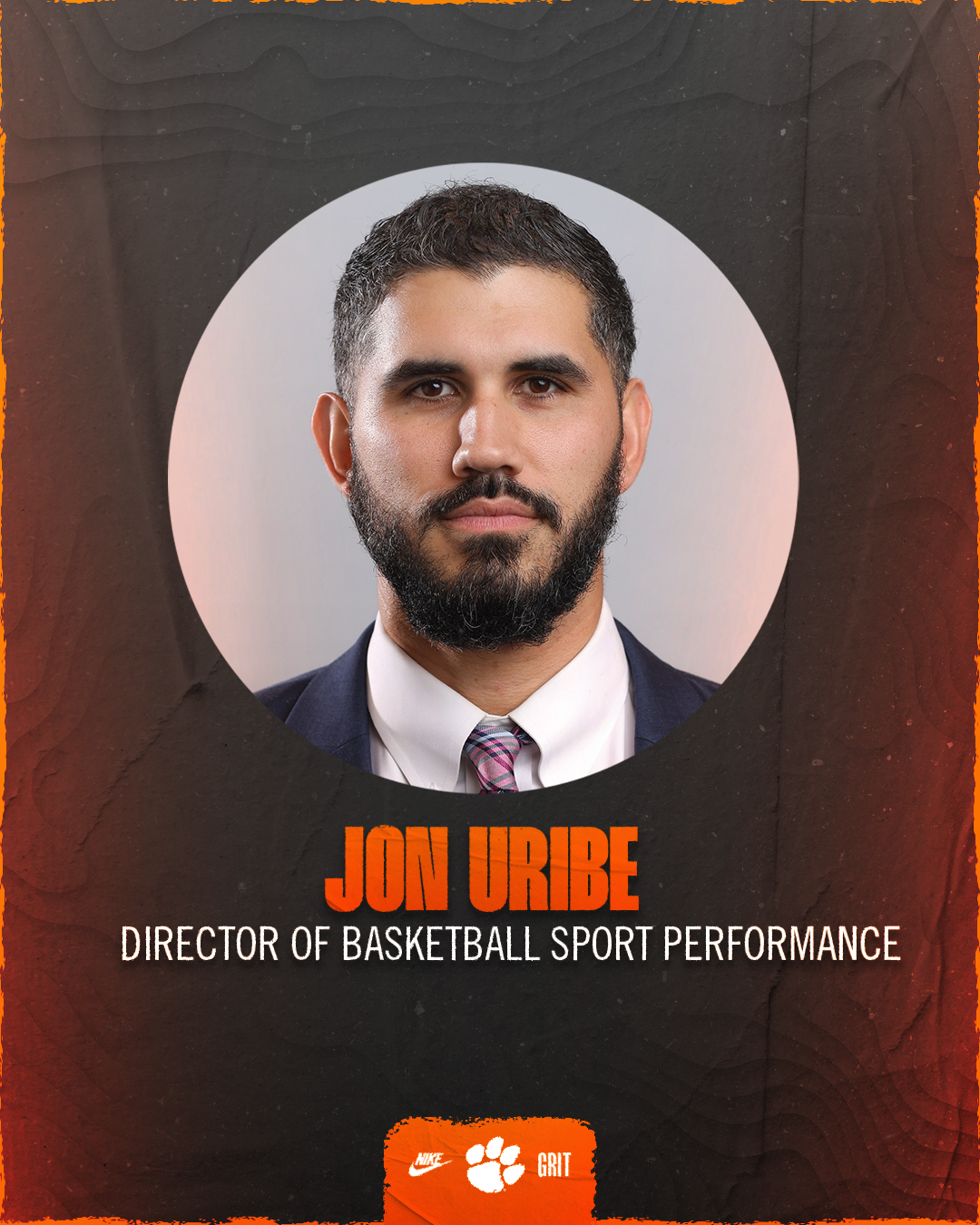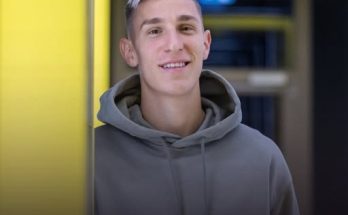Clemson head coach Brad Brownell has made a significant addition to his basketball staff, hiring Jon Uribe to oversee the program’s sport performance unit. The move signals a renewed focus on optimizing player development, injury prevention, and peak athletic performance as the Tigers aim to build upon recent success and take another step forward in the hyper-competitive Atlantic Coast Conference.
Uribe brings with him a wealth of experience in strength and conditioning, sports science integration, and high-performance culture building. Known for his holistic approach to athletic development, Uribe is widely respected in collegiate basketball circles for tailoring performance programs that are specific to the individual needs of each athlete. Brownell’s decision to bring him into the fold reflects a growing trend in college basketball—where elite-level physical preparation is no longer an afterthought, but a core pillar of championship-level programs.
At Clemson, Uribe will be tasked with designing and executing year-round performance plans that encompass strength training, conditioning, recovery, and nutrition. His role also extends into the analytical side of performance, where he’ll collaborate with the program’s medical and coaching staffs to track biometrics, workload data, and performance trends. In a sport where games are won and lost by the slimmest margins, these behind-the-scenes efforts can be the difference between a deep NCAA Tournament run and a disappointing early exit.
This hire comes at a critical juncture for the Tigers. After reaching the NCAA Tournament and advancing to the Sweet 16 last season, Clemson has elevated expectations and is now viewed as a legitimate contender within the ACC. Brownell, who has long been known for his defensive discipline and player development acumen, has steadily built a competitive roster through a combination of high school recruiting, savvy transfers, and now, cutting-edge performance strategies.
Uribe’s résumé includes stops at some of the top programs in the country. Prior to joining Clemson, he served as the director of basketball performance at the University of Arizona, where he played a pivotal role in the Wildcats’ transformation into one of the most physically dominant teams in the Pac-12. Under his guidance, Arizona’s athletes consistently ranked among the best in the conference in durability, strength metrics, and second-half stamina—attributes that made a visible difference in close games and postseason play.
His philosophy is rooted in data-driven decision making and athlete empowerment. Uribe is known for conducting individualized assessments that go far beyond the weight room. Everything from sleep quality to mental focus to neuromuscular fatigue is evaluated and accounted for in each athlete’s performance plan. By meeting players where they are physically and mentally, Uribe crafts a more sustainable and effective development process—one that promotes long-term health and allows for peak output at the right moments of the season.
Players who have worked with Uribe often credit him with not only improving their bodies, but also sharpening their minds. His sessions are deliberately structured to foster accountability, confidence, and resilience. In a sport that demands constant adaptation—between travel, rigorous schedules, and the pressure of big-time competition—those traits often become just as important as vertical jump numbers or sprint times.
Clemson’s embrace of a more modern, holistic approach to performance training is a reflection of the evolving nature of college basketball. Programs with aspirations of consistent national relevance are now investing in full-service support systems that extend beyond the court. Nutritionists, sports psychologists, recovery specialists, and performance scientists are now considered essential members of a competitive basketball staff. Brownell, entering his 15th season at the helm of the Tigers, understands this evolution and is ensuring Clemson doesn’t get left behind.
The decision to bring in Uribe also aligns with Clemson’s commitment to student-athlete wellness, a core tenet of the university’s athletic philosophy. By prioritizing physical development and recovery in conjunction with academic and personal support, the program is reinforcing its identity as a destination where athletes can thrive both on and off the court.
In addition to improving team-wide physical performance, Uribe will be instrumental in preparing players for the next level. With more Clemson athletes drawing interest from NBA scouts, the demands of the pre-draft process—combine testing, pro days, and workouts—have intensified. Having a performance specialist like Uribe on staff gives Clemson’s players a distinct advantage in preparing for those critical evaluations. His experience working with pro-bound athletes will help ensure that Tigers entering the draft process are among the most prepared and polished in the country.
Brownell’s staff has already seen positive momentum this offseason with a strong showing on the recruiting trail and the return of several key contributors. The addition of Uribe only strengthens the infrastructure around those players. While fans may not immediately see his impact on the scoreboard, they’ll likely notice it in the energy levels, durability, and progression of Clemson’s roster over the course of the season.
Uribe’s hire is also a signal to recruits and their families that Clemson is fully committed to investing in every facet of player development. In a competitive recruiting environment where margins are razor-thin and every detail matters, the presence of a proven performance leader can be a major differentiator. Parents want to know their sons are not only going to be coached well, but also trained and cared for at a professional standard. Uribe provides that reassurance.
As college basketball continues to evolve, so too must the people tasked with preparing athletes for its demands. Jon Uribe is not just a strength coach—he’s a leader, educator, and scientist who understands the complex interplay between the physical, mental, and emotional aspects of high-level performance. His arrival at Clemson marks a new era for the program, one that embraces innovation without losing the blue-collar edge that has defined Brownell’s teams over the years.
The Tigers won’t abandon their roots. They’ll still defend, still compete, and still value effort over flash. But with Uribe now in the building, they’ll do it with an added layer of precision, purpose, and preparation. In the modern game, that might be the difference between being good—and being great.
The hire of Jon Uribe may not have come with the fanfare of a five-star recruit or a buzzer-beating win, but its implications are arguably just as significant. Brownell and Clemson have invested in a future where performance is not just an advantage, but a foundation. With Uribe steering the ship behind the scenes, the Tigers are well-positioned to maximize their talent and stay at the forefront of college basketball’s relentless climb toward excellence.



